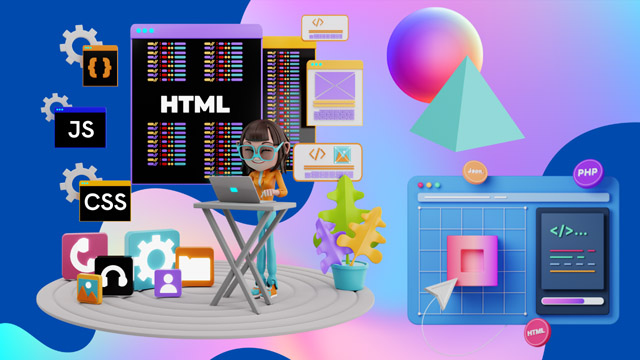Cybersecurity i.e., Security in cyberspace is about technologies, processes, and policies that help to prevent as well as reduce the negative impact of events such as cyber-crimes and cyber terrorism in cyberspace.
- It keeps us safe from online frauds, banking frauds, hacking, etc.
- In this course the emphasis is not only about learning Cyber Security awareness but is to provide the aspirant hands-on practical knowledge
- Cyber Security course is designed for the young aspirants who want to shape their careers in the IT Security field.



